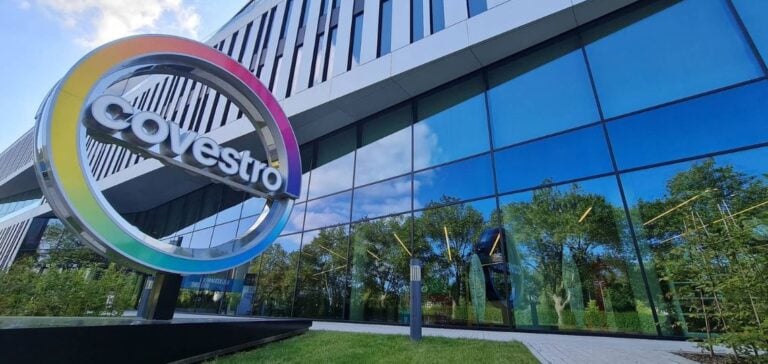Covestro, a former Bayer division, launches a major project at a large European chemical complex. The project concerns the launch of an experimental unit dedicated to the production of aniline using renewable resources. To be tested at the end of 2023, this innovation marks a major breakthrough in chemistry. It is seen as potentially revolutionary for the production of compounds. Historically, these processes have been largely dependent on fossil hydrocarbons, the main sources of carbon emissions.
The Biosourcing Challenge
The pilot plant in Leverkusen demonstrates Covestro’s determination to replace fossil fuels. It opts for sustainable biomass-based alternatives. This marks a tangible commitment to a more sustainable future. This approach is particularly significant in the broader context of the global chemical industry. The latter is a major consumer of petroleum products, and today finds itself at a tipping point, forced to innovate in response to climate emergencies.
At the heart of these innovations is the development of biosourced aniline. Aniline is a fundamental component in the creation of polyurethane foams used in many everyday products. Covestro has chosen an ecological method based on advanced fermentation. This technique converts industrial sugars into valuable raw materials. This pilot project symbolizes a major step towards a more environmentally-friendly chemical industry.
Environmental Impact Assessment
Conversion to biobased raw materials offers a potential reduction in dependence on fossil fuels. And assessing their overall environmental impact remains a real challenge. Some experts point out that the carbon neutrality of biomass, particularly when derived from crops, can be challenged by the emissions generated by intensive agriculture and land processing. It is therefore advisable to favor the use of residues and waste rather than cultivated biomass to reduce these negative impacts. Following this line, another player in the German chemical industry, BASF, is turning to the exploitation of organic waste or agricultural residues as resources.
Faced with rising energy costs, the German chemical industry is looking for innovative solutions. If successful, these efforts could transform the industry. However, significant changes will be needed to overcome the challenges of this transition.






















